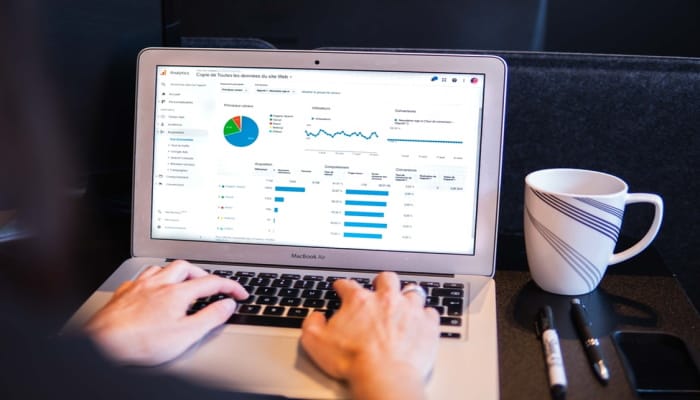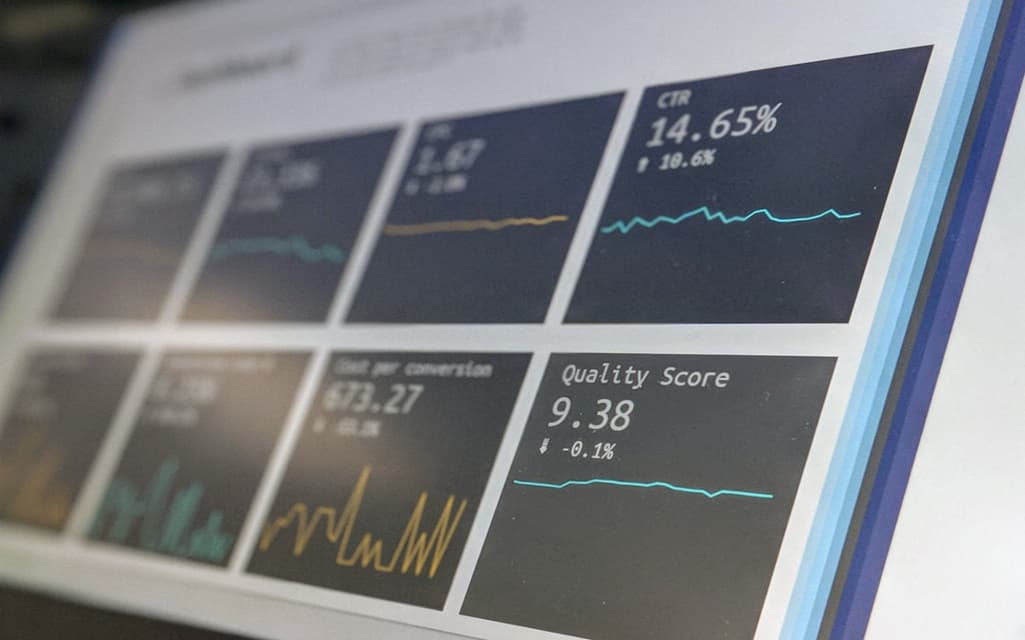Anyone studying for a career in a technological field knows that it’s essential to stay on top of the relevant software, platforms, and concepts within the industry. Given how much there is to learn, it can be difficult to decide what to prioritize and how you should spend your time outside class. For those whose career interests lie within the business world, it’s a good idea to learn about enterprise reporting.
Understanding how companies and organizations synthesize data into reports and visualizations that decision-makers can use to develop actionable goals is an essential skill. Your coursework will prepare you for a lot but being proactive about going beyond your classes is a smart way to set yourself up for success. If you’re studying data science or information technology and want to expand your knowledge, read on to learn more about how large corporations can use an enterprise reporting system.
What is an enterprise reporting system? Before discussing how they’re used, it’s important for you to understand the basics of enterprise reporting systems and how they work. This type of reporting refers to the creation and eventual distribution of business performance reports to the higher-ups within an organization. This can take many forms, depending on the organization and what metrics or performance indicators they choose to
What is an enterprise reporting system?
Before discussing how they’re used, it’s important for you to understand the basics of enterprise reporting systems and how they work. This type of reporting refers to the creation and eventual distribution of business performance reports to the higher-ups within an organization. This can take many forms, depending on the organization and what metrics or performance indicators they choose to track.
Once data is recorded, the system can use reporting tools to take that information and organize it into charts, graphs, tables, and other types of data visualizations. There are a number of ways businesses can use these reports, either to distribute within the company, give to customers, or create interactive reports for anyone to engage with on your website. Reporting software can help you scale and manage these reports.
This type of reporting provides businesses with numerous benefits. Access to more information, especially analytics using enterprise data, allows leaders to make better decisions more quickly. Giving users easy access to reports and data via a web browser or mobile phone also improves the customer experience. Spending less time fulfilling requests for new reports can also increase productivity, as well as driving innovation by moving on from legacy reporting tools that have become outdated.

How would a large corporation use an enterprise reporting system?
There are a number of ways corporations can make use of these kinds of reporting systems. One primary function of a system is to generate reports based on business data and automate report delivery. Businesses also rely on these systems to create understandable visualizations that allow them to better translate those reports into action items for their agenda. This inherently creates a better decision-making process on an organizational level.
Additionally, corporations can use enterprise reporting software to easily create ad-hoc reports, which can even be done by users without a strong technical background. It can also link data between customers and suppliers and allow the integration of multiple applications, even those that use different computer systems.
Reporting systems play a crucial role within the business and technology ecosystem. As a student, learning how to create and work within those systems is a necessary part of preparing yourself for a career working in the business world. Turning information on key performance indicators into actionable insights can help any business improve its day-to-day operations.
Elevating the quality of information the leaders of a corporation have access to before making important decisions can help with cost efficiency, improve customer service, and develop more effective supply chain management practices. Anyone planning to work in business, especially within the business intelligence or data science fields, should make sure they’re familiar with enterprise reporting before finishing their degree program.



